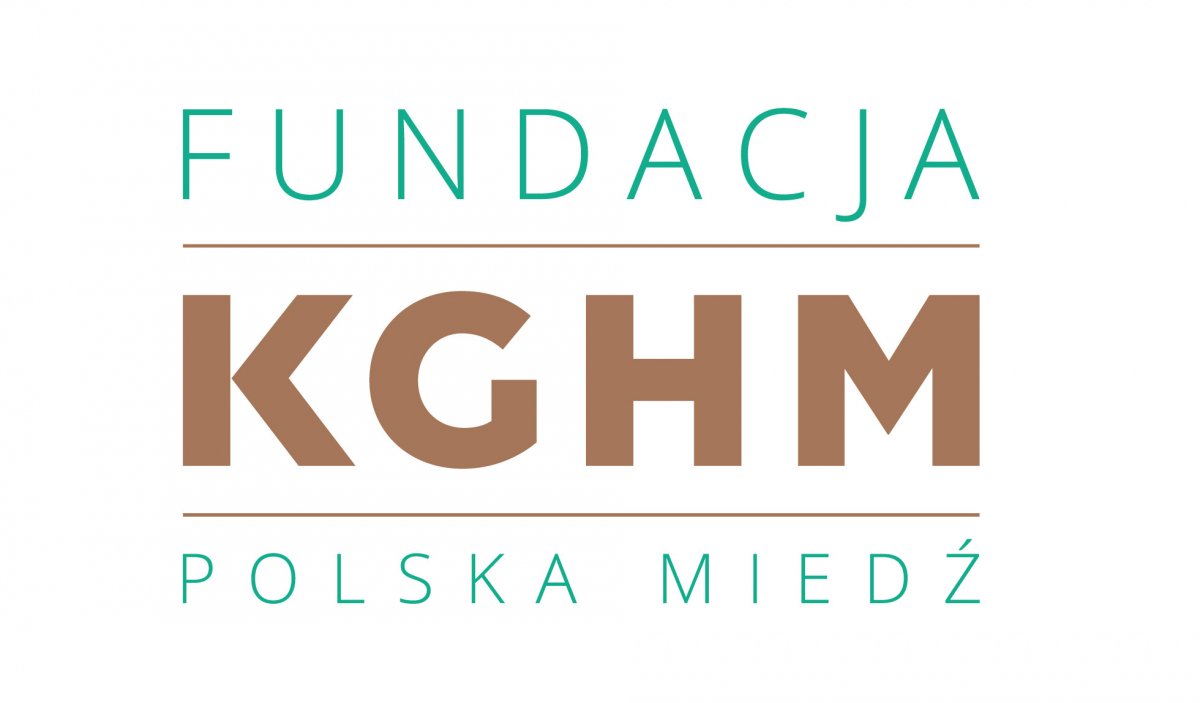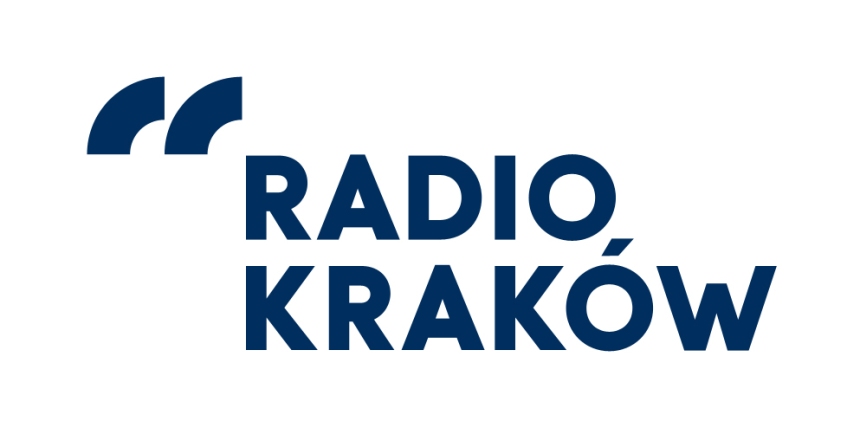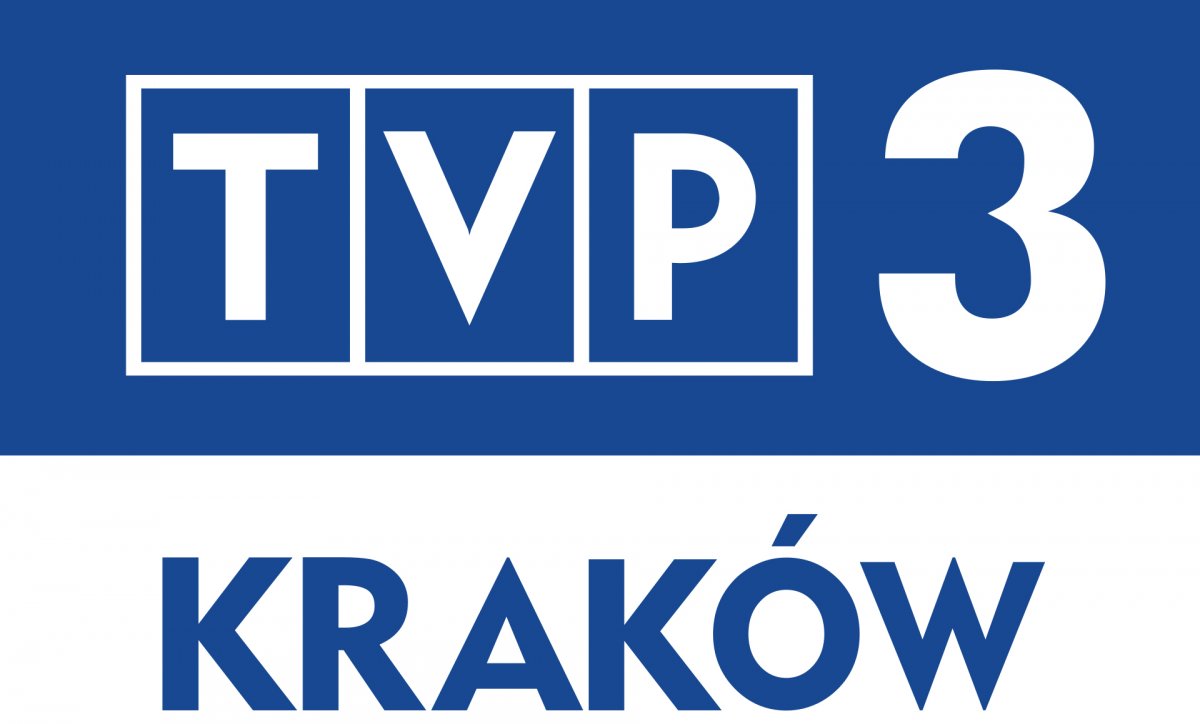Dr Roman Szczęsny - NCN Award winner in Life Sciences
Scientific achievement: Discovering the mechanism of mitochondrial RNA degradation in human cells indicating the role of mitochondria in regulation of innate immune response
Roman Józef Szczęsny graduated summa cum laude from the Faculty of Biology at the University of Warsaw, and defended his PhD dissertation (also summa cum laude) at the Institute of Biochemistry and Biophysics of the Polish Academy of Sciences in Warsaw. Since then, he has completed three research fellowships in labs in England, France and Finland. His research interests focus on the mechanisms that control the quality, quantity and processing of RNA resulting from the transcription of human nuclear and mitochondrial DNA. His results have been published in prestigious journals, including “Nature”, and won multiple awards. Szczęsny has won the START scholarship of the Foundation for Polish Science (twice) and the Witold Drabikowski Award from Merck and the Polish Society of Biochemistry for the best PhD dissertation in biochemistry written at a Polish research institute; he was also a holder of the scholarship for outstanding young researchers awarded by the Ministry of Science and Higher Education. Szczęsny has received several grants from various institutions, such as the National Science Centre (PI in SONATA and SYMFONIA), Foundation for Polish Science (PI in First TEAM), and the Ministry of Science and Higher Education (two Iuventus Plus projects). To date, he has served as an assistant advisor for several PhD dissertations defended summa cum laude, as well as a thesis advisor for MSc and BSc students.
Dr hab. Dawid Pinkowicz - NCN Award winner in Physical Sciences and Engineering
Scientific achievement: Research into multifunctional molecular magnet and quantum nanomagnets – design, synthesis, and structural and physiochemical characteristics
Dawid Pinkowicz was born in 1983 in Krosno. In 2007, he graduated with an MSc and, in 2010, earned a PhD in chemistry at the Faculty of Chemistry of the Jagiellonian University, preparing a dissertation under the supervision of Professor Barbara Sieklucka. In 2009-2013, he completed three long-term research fellowships at the University of Florence (Italy), Tohoku University (Japan) and Texas A&M University (USA). He has worked as an independent researcher at the Faculty of Chemistry of the Jagiellonian University since 2017, and in 2019, was promoted to the rank of Associate Professor. His research on the design and synthesis of multi-functional molecular materials and quantum magnets has won him multiple awards (e.g. the W. Kołos Award for outstanding research achievements, the Prime Minister’s Award and the award of the Polish Society of Chemistry for the best habilitation dissertation). He has won scholarships awarded by the Foundation for Polish Science (twice), the international Matsumae Foundation, the Marie Skłodowska-Curie action in the Seventh Framework Programmme and the programme of the Ministry of Science and Higher Education for outstanding young researchers. Currently, his research interests focus on photomagnetic systems (magnets switchable by visible light) and magnetic qubits (quantum computer components).
dr hab. Michał Wierzchoń - NCN Award winner in Arts, Humanities and Social Sciences
Scientific achievement: Interdisciplinary research into the consciousness, proposing an original theoretical model of consciousness
Born in 1979, Michał Wierzchoń is a cognitive psychologist, Associate Professor at the Department of Psychology of the Jagiellonian University, and head of a research team at the Consciousness Lab. He is also the Head of the Department of Psychology at the Jagiellonian University and Head of the International PhD Programme in Cognitive Neuroscience (CogNeS).
His research interests centre on a cognitive approach to consciousness; he studies conscious perception, memory and self-awareness, relying on a variety of consciousness measurement techniques and combining the methods of behavioural studies, neurobiology, qualitative research and computer simulation. He has published two monographs and is listed as a co-author or co-editor in several books and several dozen international publications. His research has been outlined in popular science magazines. He is also interested in research policy and has co-authored an expert opinion on the mobility of Polish researchers (2015) and a study of PhD curricula (2017). He has signed the Pact for Science (2015).
Wierzchoń has won multiple grants. At present, he serves as a PI in two research projects funded by the NCN under the OPUS scheme, 3 PRELUDIUM grants and 2 Diamond Grants awarded by the Ministry of Science and Higher Education. He is also working on an EU-funded project within the framework of the COST CA18106 network. He is a member of the project’s Management Committee and its Vice Chair. He has participated in a programme launched by the Ministry of Science and Higher Education to support international researcher mobility (2010-2011). He also completed a project funded from EU structural resources (POIG). He has been actively involved in organising several dozen conferences, including four congresses of the European Society for Cognitive Psychology (2009, 2013, 2015, 2017). He is the president of the Organising Committee of the Association for the Scientific Studies of Consciousness (2018). He has served as a thesis advisor to two PhD candidates, and currently has five more candidates under his wing. All his PhD candidates receive external funding.
Wierzchoń is a winner of the scholarship for young researchers from the Foundation for Polish Science (2005), the “Polityka” scholarship, awarded within the framework of the “Stay with Us“ campaign (2005), and an Andrzej Malewski award from the Committee of Psychology, PAS (2014). In 2015-2018, he served as an elected member of the executive committee of the European Society for Cognitive Psychology, and in 2010-2017, as its secretary. He is a member of several international research societies (European Society for Cognitive Psychology, Association for the Scientific Studies of Consciousness (lifetime membership), Association for Psychological Science, Psychonomic Society (Fellow Member), Polish Society for Neuroscience). He is Vice President of the Young Polish Academy at PAS (first and second term) and a member of the Committee of Psychology and the Committee of Philosophical Sciences, PAS. He has worked as a peer reviewer for the NCN, NCBiR, NAWA and the EU (MCSA), and participated in the regular accreditation assessments of centres in Italy and Portugal.









